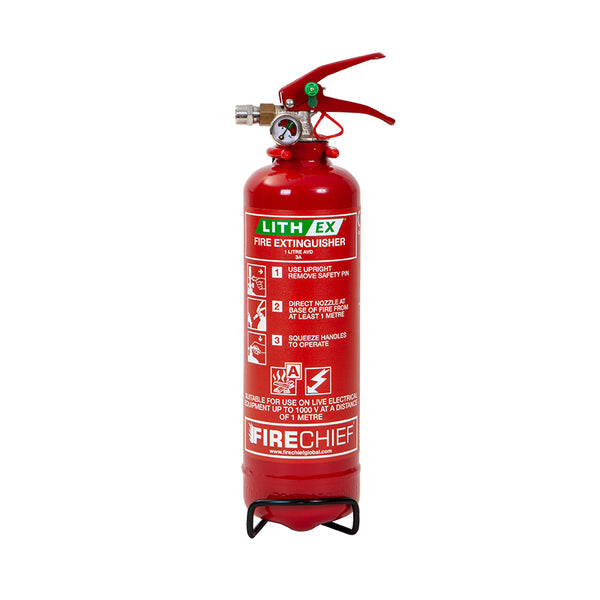By their very construction, operation and working environment boats pose very different fire risks to buildings, but by applying some common-sense you can minimise the risk of fire and protect both your vessel and crew.
Fire Prevention
- Fit a smoke alarm in the cabin(s) and on larger boats in the galley – a self powered battery operated alarm is inexpensive, easy to fit and requires minimal maintenance. See section on Detectors and Alarms
- Check that furnishings and foam insulation is fire-retardant. Boats built after 1988 should have fire retardant materials fitted in seating and linings as standard. When buying second hand furniture check it bears the BS Permanent Flame Resistant mark.
- Allow for the movement and vibration of the boat. Run any wiring looms through a secured conduit to avoid chafing.
- Only use safety matches on board as vibration could ignite non-safety matches.
- Store any solvents, lubricating oils, cleaning agents etc. upright in secure containers. Battery boxes should also be secured and contained in a vented store.
- Fit at least two fire extinguishers, which should be located on secure brackets near the cabin exit(s). Carbon Dioxide extinguishers are useful for electrical fires and unlike Dry Powder leave no residue. A Foam extinguisher is more versatile and lighter than an equivalent water extinguisher and is effective on liquid fires involving hydrocarbons but not cooking fires. For this reason it is also advisable to have a fire blanket in the galley area. Fire blankets can also be used as a body wrap to extinguish burning clothes.
- Engine compartments can be protected with an Automatic fire extinguisher. The extinguisher is installed above or adjacent the engine and is fitted with a heat sensitive glass bulb sprinkler head which operates automatically if a fire occurs. Chemical Dry Powder and FE-36 Clean Agent suppressants are available. Clean Agent extinguishers are often preferred as they leave no residue and will not damage sensitive electical equipment
- Some heaters and LPG burning appliances can produce lethal Carbon Monoxide (CO) if flues and vents become blocked. Fit a CO detector in the main cabin near sleeping areas to provide early warning of CO build up.
- Gas cylinders should be secured in a sealed, weatherproof container vented to the atrmosphere.
- Only carry spare fuel if absolutely necessary and then, only in approved containers. Always store fuel on an upper deck
Pre Journey Checklist – Before you get underway get into the routine of checking the boat for possible fire risks and ensure you are properly equipped.
- Check the engine compartment for fuel leaks and allow the compartment to ventilate before starting the engine. Fuel lines and tanks should be checked for any cracks or leaks. (the engine should be stopped for refuelling
- Any compartment which has not been used for some time should be ventilated thoroughly.
- Check gas cylinders are secure.
- Check the fire extinguisher gauges are showing the correct pressure.
- If you are carrying crew or guests make sure they know where to find fire fighting equipment and escape routes.
- Check that safety equipment is on board including an adequate number of life jackets
- Hand pump the bilges to vent any low lying vapours
Other safety tips
If you have smokers on board be sure to use solid ash trays and dispose of stubs safely in fire proof bins. Don’t smoke in sleeping areas, galleys and engine compartments. Turn of gas valves to heaters and cookers when not in use – particularly when sleeping. Weather and seas permitting leave port holes open to allow ventilation. Keep a torch handy in your safety kit for night time emergencies.
If a fire does break out. Keep calm. Fire extinguishers will effectively control and extinguish small fires. If a fire burns out of control think of your own safety first and abandon ship. Don’t waste time trying to recover valuables. Isolate fuel and gas lines if possible to reduce the risk of explosion. Alert any other craft nearby to the danger. Report the fire to the emergency services immediately.
Happy and safe Sailing.


